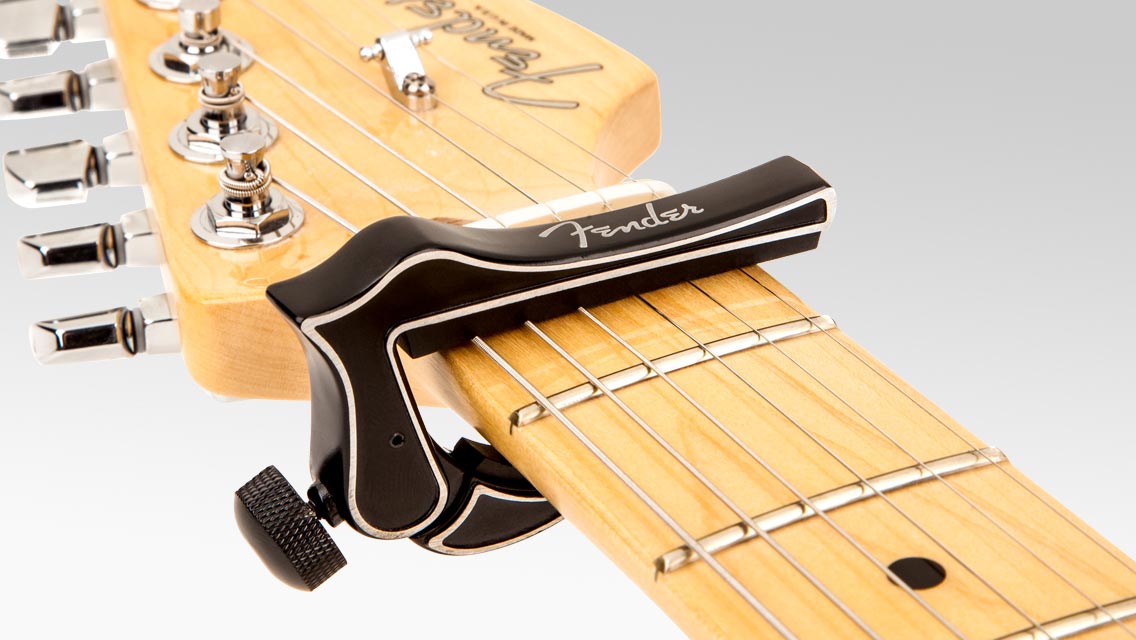
Face it … everything about an acoustic guitar affects your tone. The wood, the bridge, the tuning machines, the nut, your hands.
But what about the strings? The answer is yes. If you pick up a guitar that has been lying dormant for a while with an ancient set of strings, it’s likely that it sounds leaden and just, well, off. Pop a new set of strings on there (and don’t forget to tune) and that same guitar may sound like a whole different instrument; better and brighter.
There are a few reasons why.
Strings Don't Age Well
Strings get dirty and corrode as they age. Dirt is one factor that hastens this process. The grime on your hands or the dust in the air can get trapped in the wound wire around the metal strings, giving them a duller sound.
Because the strings are made of metal, they also oxidize. Humidity is a big culprit in the rusting process, not to mention the sweat from your hands (and perhaps your deeply concentrating brow). When strings corrode, the vibrations are affected and the sound is dampened.
To keep them fresh, make sure you wash your hands before playing, wipe the strings down after playing and consider using a string cleaner occasionally.
Strings Get Fatigued
When strings are fatigued, that changes tone, too.
How do they get tired? Frequent tunings and playing can stretch the strings out over time. The result is that you’ll need more tension to keep that fresh feeling and a strong, clear sound.
But that added tension will just stretch out the strings more and more, a truly Sisyphean task. Probably time to change the strings at that point.
The Gauge of the Strings Matters
Generally, lighter gauge strings are easier to play, brighter, produce less sustain and volume, and break more easily.
Heavier gauge strings tend to project more, are darker and offer more sustain as they contain more material to vibrate, but they could cause more finger pain after a bit as well, if you're used to playing lighter gauge strings.
So Do the Materials
Want a bright and ringing tone? Try bronze strings for great feel and articulate sound.
On the other hand, phosphor strings are warm and rich, but offer a crisp bite.
Brass can be bright and almost metallic, while silk and steel strings are gentler and mellower.
There are fans of all types of guitar strings out there, and even though the strings might be an afterthought to some beginning guitarists out there, they are a key piece of the tone puzzle.
Don’t miss out!
Be the first to know about new products, featured content, exclusive offers and giveaways.


